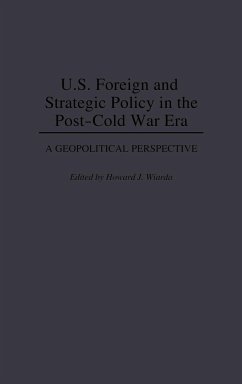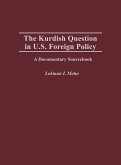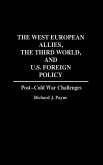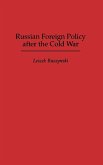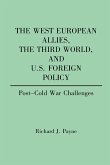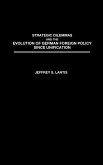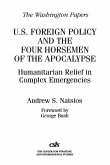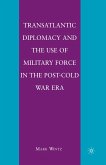Since the end of the Cold War, there has been a great deal of debate about what U.S. foreign policy should be and how priorities should be reordered. This comprehensive, well-written, provocative assessment has set out to provide answers to key questions. Written by leading experts on their respective regions, who also are professors of national security policy at the National War College in Washington, D.C., this book charts a path for post-Cold War U.S. foreign policy. Each chapter follows a common framework and research design and is informed by a team teaching method, as well as by long experience in policymaking and in academic institutions. The survey consists of chapters dealing with each of the major geopolitical regions of the world and asks a set of common questions: What are the dynamic changes that have occurred in the region? How have security and foreign policy issues changed since the Cold War? What is the history of U.S. policy in the region? How must U.S. policy change to adjust to new realities? An introduction and conclusion point to issues of comparison and sum up conclusions reached by the different contributors. This short overview is intended for courses in U.S. foreign policy and world affairs and for the use of upper-level undergraduate and graduate students, teachers, policymakers, and general readers in political science, world history, and military studies.
Hinweis: Dieser Artikel kann nur an eine deutsche Lieferadresse ausgeliefert werden.
Hinweis: Dieser Artikel kann nur an eine deutsche Lieferadresse ausgeliefert werden.

